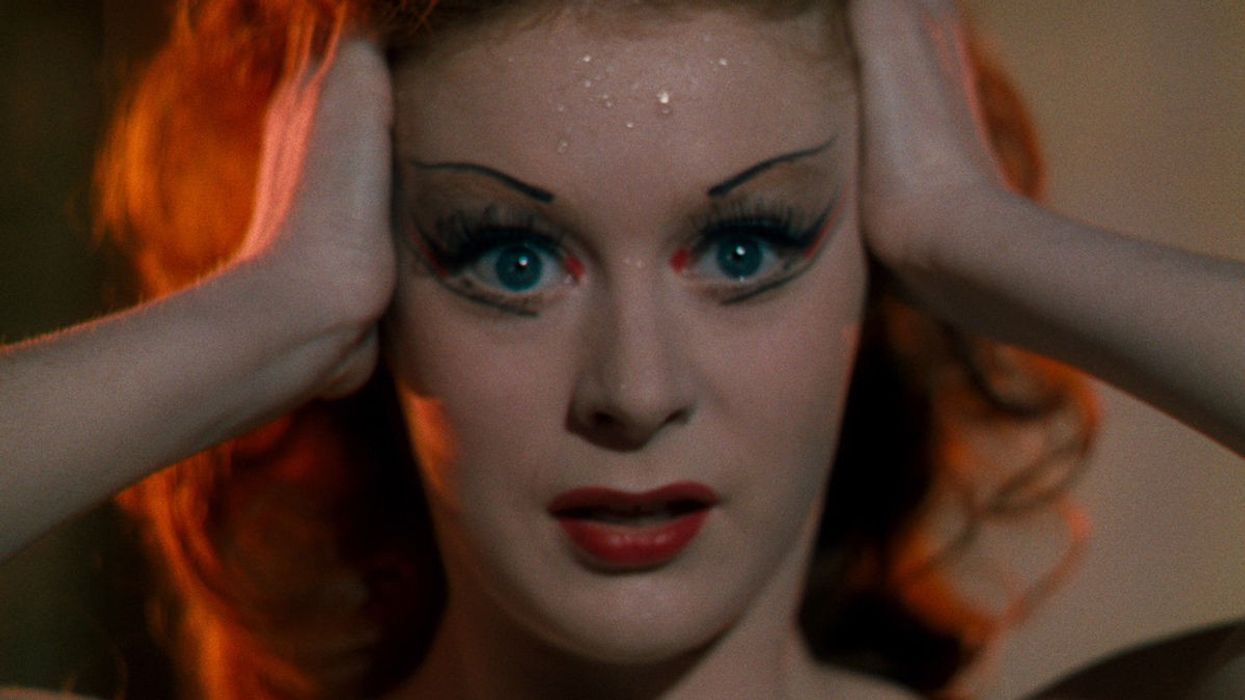Saving Cinema: Why Film Restoration is So Important
According to this video, these are the real unsung heroes of cinema.

There are so many individuals that contribute immensely to the art and craft of filmmaking, from makeup artists to producers. However, there are those that work behind the scenes to ensure that films, both new and old, last long after the celluloid on which they were captured fades and decays, those that The Royal Ocean Film Society call the true unsung heroes of cinema. In this video, learn about the vital work that has been done and continues to be done to restore and preserve some of the most important films in cinematic history.
Film restoration may not be the sexiest topic when it comes to cinema, but it is an important one. Could you imagine films like The Shawshank Redemption, The Red Shoes, Pulp Fiction, or The Godfather being lost to posterity, never to ever be seen in its original quality or, even worse, at all because someone improperly stored the original copy? It may seem unimaginable, but this has happened countless times before to other films.
It's a well-known fact that almost half of all films made before 1950 have been lost due to improper storage and care. (Fires claimed even more.) It makes you wonder how many cinematic gems wasted away in a room somewhere collecting dust and growing mold as their celluloid slowly degraded beyond repair.
There isn't much glory in this kind of work. In college, I took part in a film restoration effort that catalogued old short, educational, and non-theatrical films. We would pull reels from the basement of our university's library, some of which were heavily dented or rusted, throw on some protective gloves, and determine what state hundreds of these films were in.
After a while, a tenderness began to grow in me for celluloid. Taking the steps down into the catacombs every day to walk through the rows of film cans, I would hope that at least one of the films I placed on my cart wouldn't be completely destroyed due to years of sub-par storage. The room where we'd do our research and cataloguing had a distinct acidic smell from all of the films that suffered from vinegar syndrome, and hearing people around the room announce it became disheartening. In that room, "Vinegar," became the death knell for a dying film.
It may seem like a melodramatic story, and admittedly I laid it on thick, but there is a great deal of sentimentality that goes into this kind of work. It does take a certain kind of person to spend hours, days, months, years restoring a film to its former glory, because the end result isn't a finished film that you made yourself, or accolades, or fame, or even your name in the credits. Instead, it's someone else's film that can be enjoyed by future generations of film lovers. I think that's why I agree that those who restore and preserve films are the unsung heroes of cinema, because their work is truly a selfless act that is done simply for the love of films.
Source: The Royal Ocean Film Society











